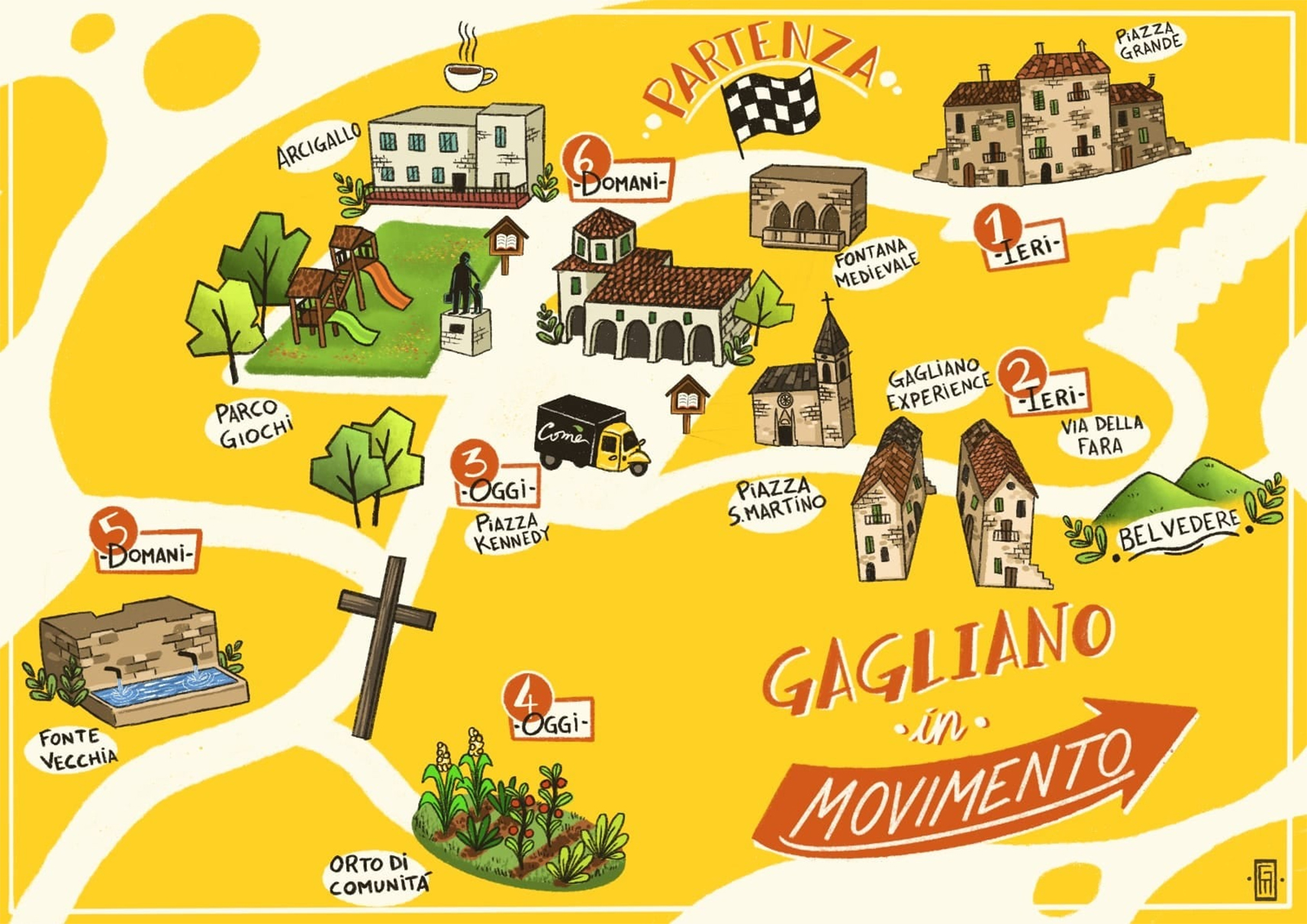Neo-population and energy transition in the non-existent Apennines. The Gagliano Aterno experiment and the NEO Project

Published 2024-12-30
Keywords
- climate change,
- marginalized spaces,
- energy transition,
- public anthropology,
- renewable energy communities
How to Cite
Copyright (c) 2024 Raffaele Spadano, Guglielmo Ficola

This work is licensed under a Creative Commons Attribution 4.0 International License.
Abstract
Through a strategic and transformative approach, the aim is to facilitate constructive dialogue between local communities and external entities, reconciling urban-centric and polycentric visions. The growing awareness of climate change emphasizes the importance of valuing marginalized spaces, particularly in mountainous areas, where experimenting with energy and digital transitions presents significant opportunities. Public anthropology, with its ethnographic methodology, provides a profound understanding of local realities, while the mutualism between new and longstanding residents fosters meaningful synergies. This cultural interaction enriches communities and stimulates creative processes, suggesting that rediscovering life in small mountain villages can serve as a valuable resource for future social and community developments. Renewable energy communities emerge as essential tools for transforming perceptions and planning territory with a sense of self-determination.
